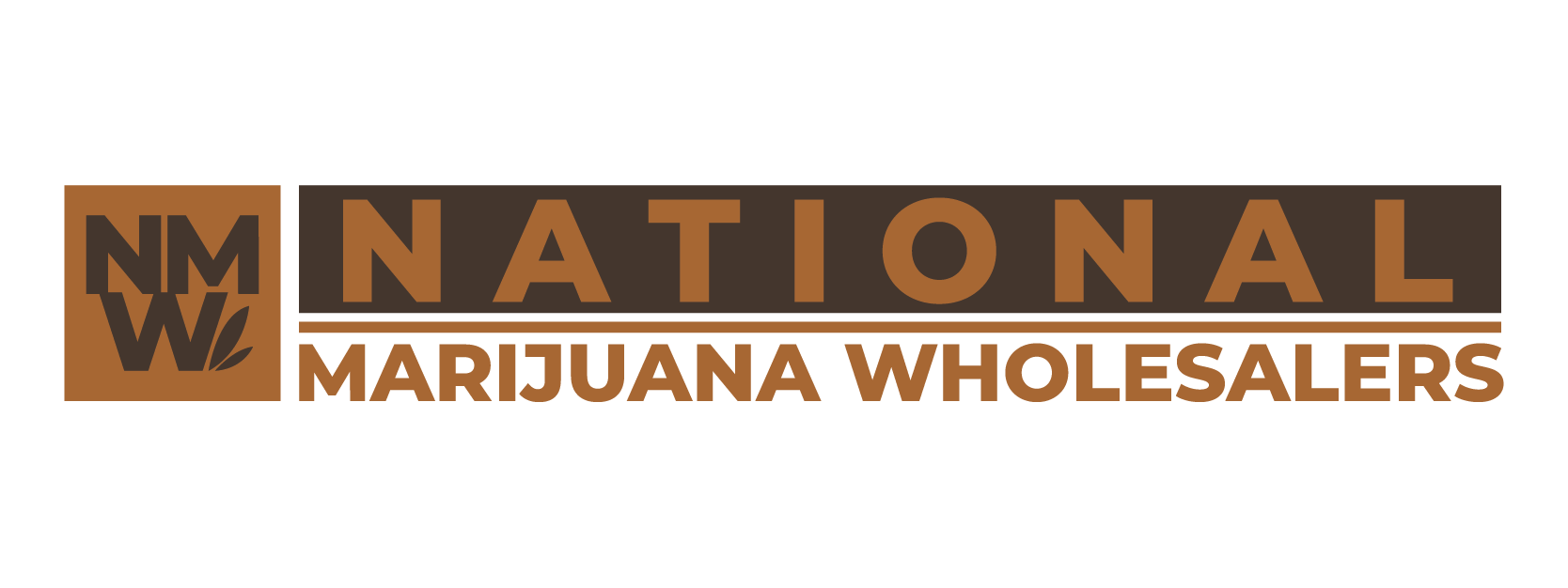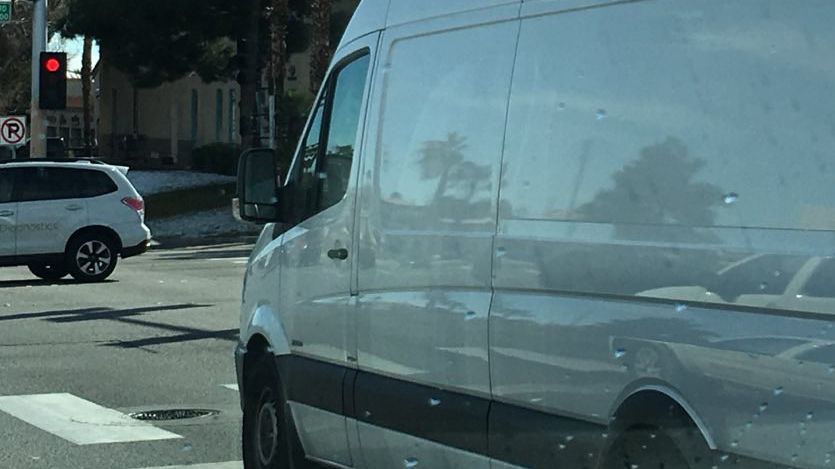Here’s what often goes unseen in cannabis: wholesalers can be powerful accelerators for social-equity brands. Sitting between cultivators, manufacturers, and hundreds of storefronts, they control logistics, introductions, and data flows that young founders rarely get on day one. When wholesalers lean in through friendlier commercial terms, portfolio curation, and mentorship, they can shorten the distance from great product to sustainable sell-through.
A growing number already do. In California, for example, distributor-platform Nabis formally partnered with the Equity Trade Network to spotlight and distribute BIPOC-led brands across the state, an explicit move to use wholesale infrastructure to expand access for equity entrepreneurs.
Policy scaffolding exists, too, and wholesalers can plug into it. California’s statewide equity resources, fee relief via the Department of Cannabis Control (DCC), tax support through CDTFA/FTB, and GO-Biz grants to cities, were designed to lower barriers for people harmed by cannabis criminalization. Wholesalers that understand (and help their partners navigate) these programs become more than middlemen; they become multipliers.
Massachusetts offers another model. The Cannabis Control Commission’s Social Equity Program (SEP) provides free, statewide technical assistance and training; new 2025 guidance consolidates benefits and participation pathways. Wholesalers can recruit graduates into their supply chains, offer co-marketing, or co-develop SOPs that meet distributor standards without piling on consulting costs.
New York’s Office of Cannabis Management is pushing beyond training into market design. Its recent Social & Economic Equity Plan emphasizes cooperatives, guilds, and regional branding to strengthen bargaining power, especially for SEE licensees. Wholesalers can operationalize that vision by running pooled purchasing for packaging, consolidating freight lanes, or offering cooperative sales reps to cover more doors per week.
In the Midwest, Illinois pairs equity licensing with access to capital. The state’s Social Equity Loan Program (Round 3 opened August 11, 2025) targets craft growers, infusers, transporters, and retailers, with flexible terms and potential forgiveness for eligible expenses. A wholesaler that helps an equity brand document costs, forecast inventory, and design repayment around seasonal demand is doing more than “being a good partner,” it’s enabling balance-sheet stability. Cook County’s development grants add a local layer that can fund startup or operating expenses.
Mentorship is another lever. National groups like BIPOCANN run structured equity mentorship cohorts (Spring 2025 included licensed, revenue-producing founders), giving wholesalers a ready talent pipeline. Aligning a distributor’s category managers or revenue-ops leads as volunteer mentors turns industry “advice” into weekly working sessions on pricing ladders, case pack optimization, EDI onboarding, and retailer pitch decks.
So what does meaningful support look like in practice?
- Commercial terms that match reality. Offer lower MOQs, extended payment terms for first POs, and reduced warehouse/freight fees for the first 90–180 days. Tie discounts to clear milestones (on-time ASN compliance, fill-rate targets), so it’s development not charity.
- Portfolio curation and signal boosting. Dedicate catalog slots or seasonal drops to equity brands. Borrow a page from California’s equity initiatives and build “equity collections” that retail buyers can discover in one click.
- Market access at scale. Run statewide ride-alongs: get equity founders in buyer rooms, not just on sell sheets. If your state allows it, schedule trunk shows and education days where budtenders meet founders and taste through SKUs (following regulations).
- Data and demand planning. Share sell-through dashboards and category benchmarks, not just invoices. If New York is right that guilds and co-ops bolster small brands, wholesalers can host anonymized benchmarking across participating equity brands to guide SKU rationalization and prevent cash-burning line extensions.
- Regulatory navigation. Assign a compliance liaison to equity accounts for 90 days. In complex markets like California and Massachusetts, this can mean the difference between delayed testing COAs and product that arrives on shelf with full traceability and correct labels.
- Capital readiness. Host quarterly “credit & cash-flow” clinics aligned to grant/loan cycles (Illinois and county programs are time-boxed). Provide templates for COGS modeling, freight accruals, and DSO tracking so founders can apply with confidence.
There are programs wholesalers can participate in, or amplify:
- State & local equity programs (fee relief, grants, training): California DCC/GO-Biz; Los Angeles’ Social Equity Program and local-jurisdiction grants; Massachusetts SEP; New York’s CHIP. Wholesalers can cross-refer founders, co-host info sessions, and align their onboarding checklists to program milestones.
- Capital programs: Illinois’ Social Equity Loan Program; county-level grants (e.g., Cook County). Distributors can provide letters of interest or projections that strengthen applications.
- Industry mentorship & advocacy: BIPOCANN cohorts; organizations like Minorities for Medical Marijuana and NDICA that emphasize supplier diversity and policy access, ideal partners for wholesaler-hosted workshops.
None of this is a silver bullet; equity operators still face capital constraints and uneven local rules. But wholesalers occupy a rare vantage point: they see demand patterns early, understand retailer pain points, and can translate that knowledge into practical ramps for under-resourced founders. When distribution infrastructure is pointed at equity outcomes, and connected to the state programs already on the books, the payoff is a more competitive shelf, stickier consumer loyalty, and a market that better reflects the communities cannabis has long touched.

